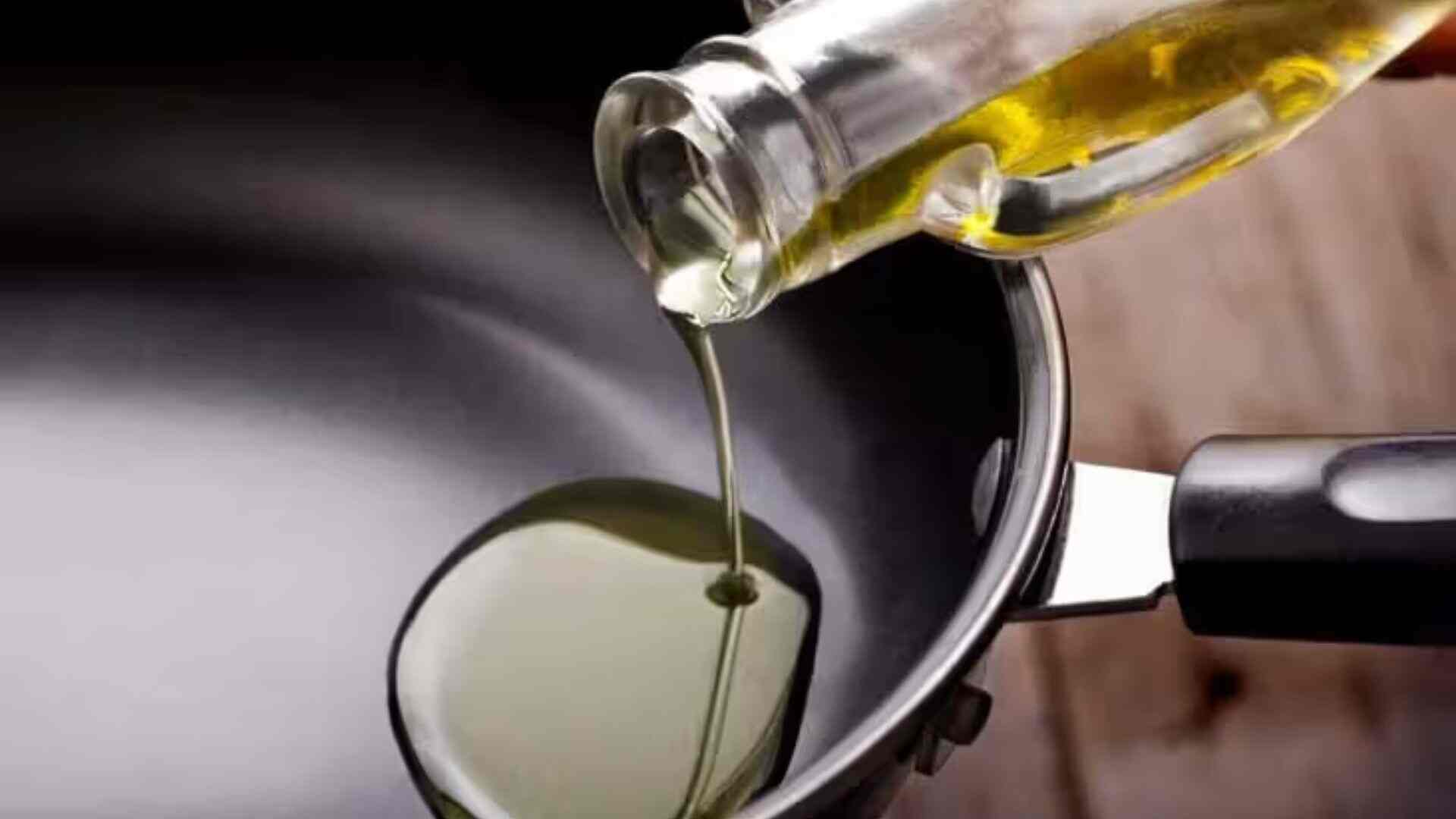Selecting the right oil for cooking is crucial, especially when considering high-heat methods. Not all oils are suitable for such cooking processes, and some can even be detrimental to your health. Here are four oils that are better avoided for high-heat cooking:
Flaxseed Oil
Flaxseed oil is excellent for drizzling over salads or steamed vegetables, but it is not ideal for high-heat cooking. With a low smoke point of around 225°C, flaxseed oil can break down and produce harmful compounds when exposed to high temperatures. It is best used in dressings or as a finishing touch for dishes. For soups, stews, or mayonnaise, consider using flaxseed oil for its nutritional benefits without subjecting it to high heat.
Fish or Algae Oil
Fish oil and its alternative, algae oil, are rich in omega-3 fatty acids and are best consumed cold. Heating these oils can lead to the breakdown of fats, potentially causing adverse effects such as bleeding or bad breath. For sautéing or cooking vegetables, keep the heat low to preserve the beneficial properties of these oils.
Walnut Oil
Walnut oil is known for its health benefits and rich, nutty flavor. However, it is not suitable for high-heat cooking as it can become bitter and lose its distinctive taste. To enjoy its flavor, use walnut oil in cold dishes such as salads, pastas, and breads. This oil can add a pleasant earthiness when used without heat.
Palm Oil
Derived from the fruit of the palm tree, palm oil is high in saturated fats and linked to increased heart disease risk. While it is better suited for low-heat cooking, its use should be moderated. For a healthier approach, use palm oil sparingly in roasting, baking, or preparing less greasy dishes.
In summary, opting for oils that are appropriate for the cooking method used can enhance both the flavor and health benefits of your meals.







